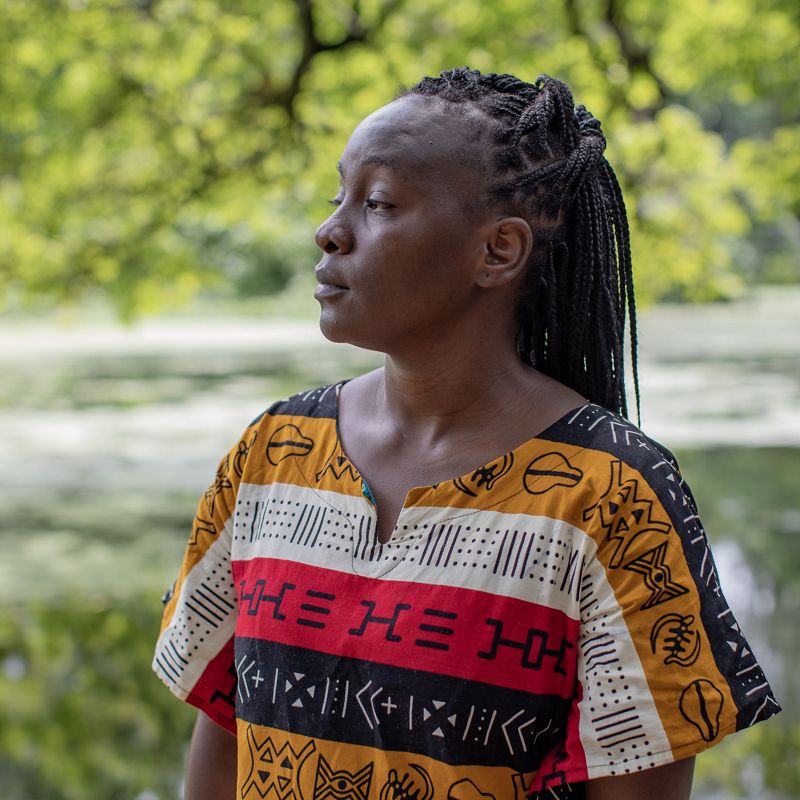
Lucy Mlagala: Empowering Girls
Mlagala knows that investing in girls’ education and women’s health reaps big rewards for communities and the environment.
By Lucy Mlagala (as told to Lisa Bramen) | Spring 2023
In Kiswahili we have a proverb: “Kila Ndege huruka kwa mbawa zake,” which translates to, “Every bird flies with its own wings.” It means that we must each discover our own strengths and talents, rather than compare ourselves to others.
But some girls in the Lake Tanganyika region of Tanzania never get the chance to soar to their full potential. Typically, local families don’t—or are unable to—invest much in their daughters’ educations. Early marriage and motherhood, financial constraints and lack of transportation often prevent girls from completing secondary school. Removing these obstacles benefits more than just the individual students. These girls have the potential to create positive change in their communities and natural environment.
That’s why empowering women and girls is a priority of the Tuungane Project, a collaboration between The Nature Conservancy and Pathfinder International, a global reproductive health organization. Since 2012, Tuungane has addressed the interrelated issues in western Tanzania of widespread poverty, a rapidly growing population and the resulting stresses on Lake Tanganyika’s fisheries, waterways and nearby forests. This is the second-largest freshwater lake by volume in the world.
Research has shown that girls who complete secondary school delay childbirth, and they are better able to provide for their children. And smaller families give women more time to participate in sustainable economic activities, improving the family’s well-being and reducing the impact on local natural resources. One of the Tuungane Project’s programs offers scholarships for girls at a secondary school, where a group of TNC donors called Africa Affinity Group for Women and Girls built an 80-bed dormitory. The dormitory offers a safe place to sleep, two meals a day and saves them from hours walking to and from their villages every day. This means these girls are more likely to stay in school.
Quote
Upgrades to health center in the region are dramatically reducing maternal and neonatal deaths.
Conservation education is an important part of Tuungane. Girls who take part in the program become ambassadors in their villages who advocate for sustainable agriculture, educate the community on the effects of destructive fishing methods, and protect forests from encroachment and wildfires.
After all, women here are intimately aware of the consequences of environmental degradation. If there is no clean water, they will be the ones walking several kilometers to fetch it. If the land cannot grow crops, they will sacrifice to make sure that their families are fed.
Another component of the Tuungane Project offers reproductive education and health care, organized by Pathfinder International. This enables women to decide with their partners how many children they will be able to support and when they will have them. And investments in upgrades to health centers in the region are dramatically reducing maternal and neonatal deaths.
At the same time, Tuungane is supporting women through microfinancing, grants and training in money management so that they can help support their families.
After the first year of the Tuungane scholarship, four girls did well enough in school that we have continued supporting them as they attend college. Now in their third year of college, two of them are taking a nursing course, one is studying information technology, and one is pursuing a career in tourism.
Each girl’s success inspires other girls in their villages to pursue an education, and parents are more motivated to support their daughters’ studies. Some may go on to careers in conservation. But even those who don’t will come away with the confidence and knowledge to help create healthy, sustainable communities. And that’s good for everyone.